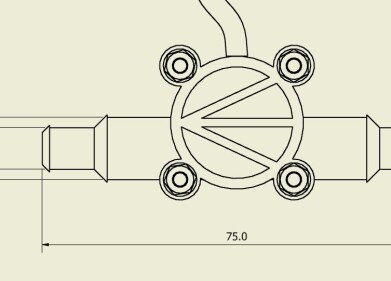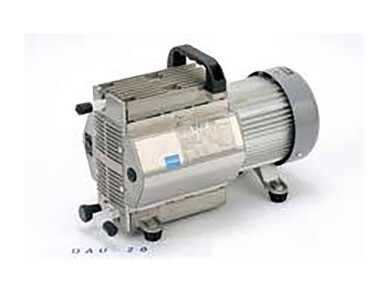Laboratory products
What Exactly is a Smart Lab?
Jul 31 2022
From mobile phones and watches to TVs and cars, “smart” technology has reimagined functionality across a wide range of products and services. Scientific laboratories aren’t exempt, with an increasing number of facilities embracing smart technology.
So, what exactly is a smart lab? Read on to find out more about the movement and how laboratories can make the switch.
Transitioning to paperless technologies
Implementing paperless technologies offers enormous benefits for scientific laboratories. From streamlining processes like sample tracking and data integration to reducing the risk of human errors, going paperless significantly improves workflows. Paperless technologies also increase the ability to share data, which supports collaboration and drives innovation across the board.
Shifting to a single, centralised platform
Laboratory operations are complex and multidimensional, with a single project often involving multiple staff. Moving to a centralised laboratory system is an efficient way to manage laboratory activities. A single platform makes it easy for personnel to input, access and analyse important data on demand. This not only improves efficiency but supports research and helps laboratories unlock valuable data.
Centralised platforms are especially useful for facilities with multiple locations. For example, Nestle’s research and development branch employs thousands of employees across more than 20 site around the world. Smart lab technologies allow the company to streamline R&D and drive innovation in fundamental research like food safety and nutritional value. Smart lab technologies also support product development across categories like infant nutrition and confectionary.
Support regulatory compliance
In heavily regulated industries such as pharma and medicine, smart lab technologies are critical. Tools such as automated data logging systems help labs meet regulatory compliance requirements and easily locate records during audits. Inhouse, smart technologies help labs establish, share and enforce standardised protocols.
Unlocking the value of data
From next-generation sequencing (NGS) to robotic liquid handling systems, high-throughput technologies have transformed processing power in modern labs. These sorts of technologies generate a huge amount of raw data, which must be processed, catalogued and analysed to extract meaningful information. For example, the Integrated Personal Omics Profiling (iPOP) study led by researchers at Stanford Medicine used high-throughput genome sequencing, as well as other omics technologies, to generate deep biochemical profiles for 100 participants.
“Compiling this invaluable data is allowing us to better characterize a normal state of health on the molecular level, as well as identify early signs of disease that may someday lead to the ability to better predict and treat disease in early stages, and perhaps even prevent disease altogether,” reads a statement issued by Stanford Medicine.
Smart software helps labs organise, analyse and unlock information from both raw data and metadata.
Harmonising systems
Most laboratories already rely on tools such as (laboratory information management systems (LIMS), scientific data management systems (SDMS) and electronic laboratory notebooks (ELN). Smart labs take things one step further and harmonise these tools to streamline operations for end users.
Why switch to smart lab technology?
Smart lab technologies don’t just improve workflows and efficiency. They unlock significant cost savings for laboratories and help drive research and innovation. Find out more about the latest laboratory data management platform solutions from a leading Swiss-based company in ‘Metrohm Releases OMNIS Client/Server’. Or check out 'Automated Sample Preparation: The Missing Hyphen to Hypernation' to find out how automation can improve hyphenated analytical techniques.
Digital Edition
Lab Asia 31.6 Dec 2024
December 2024
Chromatography Articles - Sustainable chromatography: Embracing software for greener methods Mass Spectrometry & Spectroscopy Articles - Solving industry challenges for phosphorus containi...
View all digital editions
Events
Jan 22 2025 Tokyo, Japan
Jan 22 2025 Birmingham, UK
Jan 25 2025 San Diego, CA, USA
Jan 27 2025 Dubai, UAE
Jan 29 2025 Tokyo, Japan

.jpg)

















